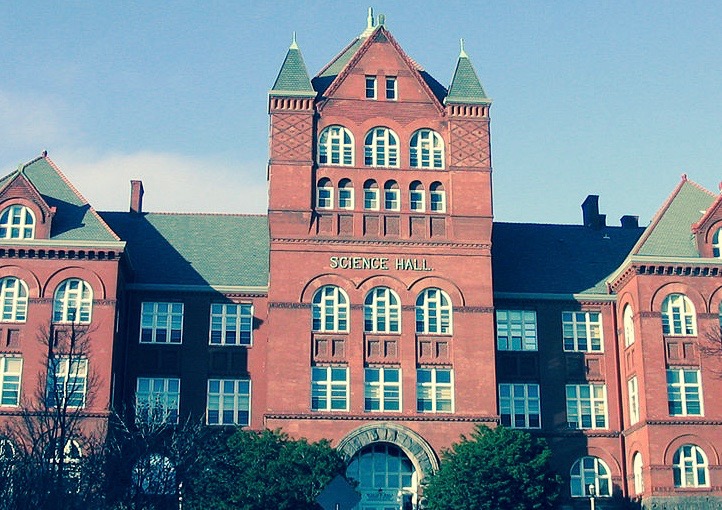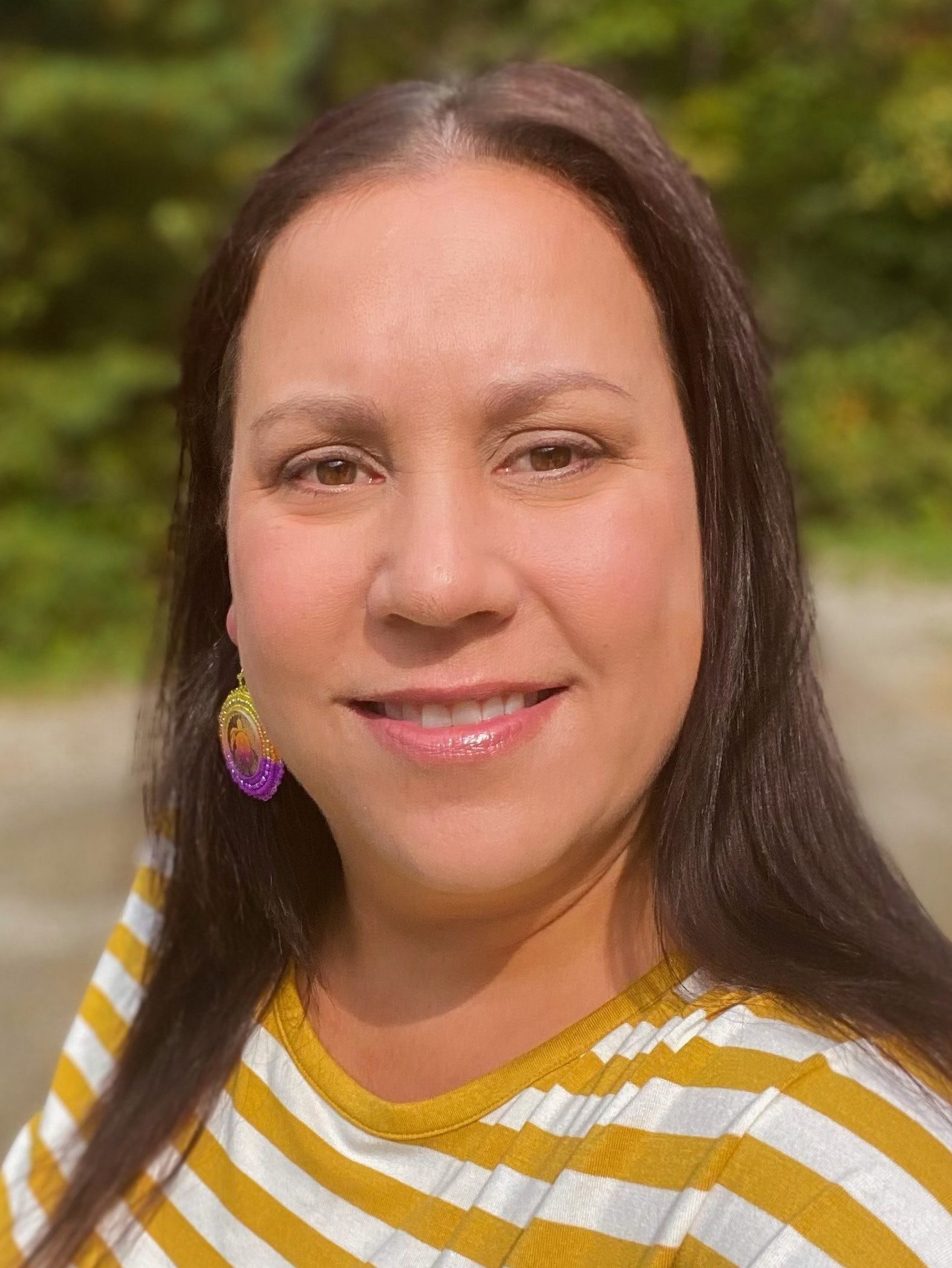Scholars from mainstream institutions too often see Native peoples simply as a source of data. A recent webinar outlined the problem and offered strategies for researchers who work with indigenous communities.
By Melanie Lenart

Many researchers are interested in working with tribes. In fact, more than 360 students and scholars, most affiliated with mainstream institutions, attended a recent webinar that examined strategies for building strong research relationships. Yet too often, academics from a wide range of disciplines still see indigenous peoples as subjects to be studied—the source of data to be “extracted.”
An attitudinal shift from one of working “on” tribes to working “with” tribes is a necessary prerequisite for researchers—and that process takes time and effort for the building of relationships, noted organizers of the webinar on Culturally Responsive Research Relationships, hosted by the University of Wisconsin’s Earth Partnership program.

The online event, organized to both highlight the problem and offer advice for non-Native scholars, was facilitated by Dr. Nicole Bowman, who holds a doctorate in educational theory and policy from the University of Wisconsin and serves as an evaluator and researcher with UW-Madison’s Center for Education Research. Bowman argued that researchers working with tribes need to be aware of the legacy of colonization and its modern-day forms, including in the Academy. She noted that the webinar, the first in a planned quarterly series, was taking place intentionally on Indigenous Peoples Day. Many still celebrate this as Columbus Day, a holiday honoring a man who led the first wave of invasion by Europeans on the land where hundreds of indigenous tribes already lived.
Showing a slide depicting one of Columbus’s ships next to an image of the White House, she asked, “Has stuff really changed? You know, one of the biggest complaints when you share things or post things on social media is, ‘Oh, but that was a long time ago.’” I beg to differ. The same things are happening. Treaty laws are not honored. Our treaties and our indigenous rights as nations and as people get stomped on every day.”
Bowman, a Mohican/Lunaape, pointed to recent White House memorandums as cases in point of the continuing onslaught. These September memos seek to eliminate any training in racial sensitivity within federal agencies and even among the contractors and vendors working with federal officials. The latter lists terms that it says can be used to help identify the trainings they’d like to root out, including: “critical race theory,” “white privilege,” “systemic racism,” “racial humility,” and even “unconscious bias.”
Bowman drew from a 2014 paper she wrote with a colleague to suggest researchers may be practicing “scientific colonialism” if they
- export raw data from a community for the purpose of ‘processing’ it into manufactured goods such as books and articles;
- believe they have right of access to any data source and information belonging to the “subject population”;
- encourage the center of knowledge about a people or community to be located outside of the community.
To be less extractive, researchers should consider themselves having shared rights rather than ownership when talking about data, she suggested, and to include partners from the tribe as co-PIs and co-authors when publishing papers. She noted she was only skimming the surface of the topic in this initial webinar, but shared some links to papers and background information to help guide non-indigenous researchers interested in working with tribes. (See below for some links.)
Aaron Bird Bear, director of tribal relations at UW-Madison, urged webinar participants to keep in mind this concept of extraction, with its deep roots.
“Historically, research has been very extractive with indigenous nations, and indigenous nations have often not even learned of the outcomes of the research studies. And so I think it’s this deep, kind of historical issue of indigenous peoples feeling that their tribal knowledge is being extracted for the benefit of others and not for the mutual benefit of the tribal nation or tribal community itself.” For instance, unwelcome research by Arizona State University in the early 1990s damaged the potential for genetic research for all with its extractive approach, he said. In this case, Havasupai citizens had agreed to donate their blood for use in a study of diabetes by ASU researchers because they wanted to know more about this prevalent modern disease. They never received any helpful information back from the project. Even worse, when an ASU student from the Havasupai Nation happened to attend a dissertation defense years later, the tribe learned that ASU had used their lifeblood for a variety of other studies far beyond the agreed-upon topic. After a seven-year legal battle, they won the rights to take their blood back.
“We have been researched to death, and the relationships have been rocky at best…‘Survey’ has become a dirty word to us.”
“Indigenous peoples want to feel that researchers care deeply about them as a people, and not just subjects to mine data from,” he said. He shared a quote from an unnamed indigenous tribal partner:
“We have been researched to death, and the relationships have been rocky at best. There are many scholars at UW-Madison who want to do research here, but we’re not interested. The researchers don’t understand the importance of developing relationships first. We often see no benefit from the research and many not even be informed of the results. It seems completely one-sided. ‘Survey’ has become a dirty word to us.”
The work by Bowman and a colleague she called her “sister in solidarity,” co-PI Cheryl Bauer-Armstrong, hopes to help bridge that gap in trust and understanding by working with non-indigenous potential researchers through the webinars and, as possible, interactions. Simultaneously, they are working to help partner tribes identify some research topics that actually interest them and to set up IRBs if they request it. Partners include the Bad River, Ho Chunk, Lac du Flambeau, and Red Cliff Nations.
The work falls under the province of the Earth Partnership Indigenous Arts and Sciences based at UW-Madison, which Bauer-Armstrong directs. The current work is funded by the National Science Foundation and a Spencer grant. The goal of the latter is to develop a model for tribally driven participatory research. Eventually, the knowledge will be built into an emerging model of indigenized science education.
The program has generally focused on youth and also K-12 teachers, who are required to instruct pupils about tribal history, sovereignty and culture under a provision known as Act 31. Recently the Earth Partnership focus grew to encompass the teaching of undergraduate courses to support Act 31. Bauer-Armstrong hopes these efforts will help get appropriate information out there about local tribes.
“Our goals are to share with others how non-Indigenous people can and should form more equitable education and research relationships that honor sovereignty, build trust, and heal the abuses of the past,” Bauer-Armstrong explained.
Even those who work with tribes might not realize that they are operating as sovereign nations, with their own structures of governance, Bowman pointed out. This has relevance to research.
“When doing research with tribal nations, do you have a nation-to-nation interagency agreement? UW-Madison and University of Arizona are the only people that have tribal consultation agreements,” Bowman said. “I challenge you, and I cheer for you, and I hope that you will put forward a way to operationalize that.”
Melanie Lenart, Ph.D., is a regular contributor to Native Science Report. She has worked in academia since 1996, including on projects with tribes, and with tribal colleges since 2015.
Additional resources provided by webinar presenters and participants
Earth Partnership Indigenous Arts and Sciences for future webinars
http://earthpartnership.wisc.edu/indigenous-arts-and-sciences/
Research resources at UW-M, including Tribal Research Governance
http://nativenations.nelson.wisc.edu/researcher-resources/index.php
Research article on Tribally Driven Participatory Research
https://digitalscholarship.unlv.edu/cgi/viewcontent.cgi?article=1058&context=jhdrp
Publication on Building Research Relationship with Tribal Communities
Research article on Tribal IRBs (Institutional Review Boards)
https://www.crcaih.org/assets/CRCAIH_Pubs/AroundHim_Oversight.pdf
Research that Benefits Native People: A Guide for Tribal Leaders
http://www.ncai.org/policy-research-center/initiatives/research-regulation
Reclaiming Native Truth research project findings
http:/illuminatives.org/reclaiming-native-truth/
Melanie Lenart, Ph.D., is a regular contributor to Native Science Report. She has worked in academia since 1996, including on projects with tribes, and with tribal colleges since 2015.
